An unusual alliance
Friday, 14.03.2014.
15:55

An unusual alliance
BOB GARFIELD: If reporters are threatened in Crimea, it is not exactly an Eastern European first. In Russia, 17 journalists, among them Anna Politkovskaya, have been killed since the year 2000. And in the bloody unraveling of ex-Yugoslavia's Slobodan Milosevic regime, many a score was violently settled with journalists deemed unpatriotic or too nosy about rampant corruption.Only last year, the Serbian government established a commission to investigate unsolved journalist murders, but with this odd wrinkle: The commission includes both the police and journalists, who together have combed through years of evidence. In January, the strange bedfellows achieved a remarkable result, the arrest of two former security officials for the murder of independent journalist Slavko Curuvija. Curuvija, a vocal opponent of the Milosevic regime, was shot 17 times in the back in 1999. Ljiljana Smajlović is the editor of Politika, Serbia’s most prominent daily. She’s also a member of the commission and president of the Serbian Journalists Association. And she worked alongside Curuvija at the magazine named The European.
LJILJANA SMAJLOVIĆ: I was foreign editor of his political magazine, and we started out wanting to just do decent journalism, and it wasn't so much that we wanted to do any muckraking or anything. But if you just covered events in a normal way, if, for example, when Serbian forces laid siege to the house of a prominent Albanian guerrilla leader and when the household resisted and would not surrender, the Serbian forces killed dozens and dozens of members of the family. And the Serbian police put out a statement that 68 terrorists were killed yesterday.
We refused to use the police statement and we refused to call those family members “terrorists.” This was one of the things that got Curuvija in trouble with the he Milosevic regime.
BOB GARFIELD: Now, I want to get to the investigation itself. As I understand, reporters are working hand in glove with the police to conduct this investigation.
LJILJANA SMAJLOVIĆ: Well, the journalists did not do any of the investigation itself, but we sat in the same room and we looked again at all the evidence. And some of us were able to point out holes in the circumstantial evidence that had been gathered by the police. And we were able to tell the police, did you ask this person, did you know that this person was involved. We called new witnesses to be deposed before the commission. We had people coming to us who had not trusted the state, who had not trusted the police and they came forward to us and they offered new evidence, and it produced new results.
BOB GARFIELD: Were the police, who found themselves in very unfamiliar waters, being at such close quarters with journalists, were they comfortable with this whole process?
LJILJANA SMAJLOVIĆ: Not for months. In the beginning, we had some angry and hostile moments. I was afraid personally of being compromised, by taking part in this exercise. And the police were very suspicious of us.
Once they found out that we were not going around telling tales and that we were able to keep confidential information, and once they realized that we knew more things than they did, then we gained some degree of cooperation that we had not dreamed would exist. And, in the end, just us all being in the same room brainstorming I think was critical to new information being dug up.
BOB GARFIELD: Reporters often take information off the record and then are obliged to go try to discover it independently, in an on-the-record fashion. I'm curious though, were you privy to bombshells that you were dying to tell your readers, but were forbidden to because of your agreement with the police?
LJILJANA SMAJLOVIĆ: Yes, all the time. And I still am. I wish I could shout some things from the rooftops. But I am sure they will have to come out during the trial, and I can live until that moment. I, I really [LAUGHS] do not want to undermine the trial in any way. And besides, I have signed an oath that I would not share information that is confidential.
BOB GARFIELD: Presented with that document, I’m not sure I could have signed my name.
LJILJANA SMAJLOVIĆ: But it’s all going to come out. And for that, it’s worth holding your breath a little.
BOB GARFIELD: Arrests have been made of the alleged trigger man, but presumably these murders were ordered by someone in state security and, almost certainly, at the behest of either Milosevic or perhaps his wife, Mira Markovic, who was also enormously powerful. Is there a change that these arrests will lead to someone higher up the chain being held accountable?
LJILJANA SMAJLOVIĆ: We certainly hope so. It's, of course, not enough to find the hit men. The point of this whole exercise is to understand why all our lives unfolded the way they did. It is unimaginable that Slavka Curuvija would have been murdered, without some complexity, some order being given by Mr. Milosevic and his wife.
BOB GARFIELD: Milosevic, of course, is dead. Mira Markovic is living, I believe, in luxurious exile [LAUGHS] in Russia. Assuming she is out of the reach of justice, tell me about the role of this investigation in the truth and reconciliation in Serbia, a process that has lagged, compared to other societies that have grim histories to come to terms with?
LJILJANA SMAJLOVIĆ: We suspect that Curuvija was killed because he was seen as an enemy of the state, as a traitor to his country. Now, I assure you Mr. Curuvija was no traitor and he was a patriot and we were all patriots in that little opposition magazine. And it offends me no end to, to have people who were willing to kill the journalists consider themselves morally superior to those of us who were fighting Mr. Milosevic's regime for its life.
And what we are fighting for here is for everyone to understand, in security forces, in the Army, everywhere, and that no one holds the right to such truth to determine who is an enemy of the state. And this is why this has been such a hard case to crack, because the people who were investigating it, many of them, I suspect, found it loathsome to investigate their own colleagues over the fate of someone who had widely, in their services, been considered a traitor to his country.
BOB GARFIELD: Ljiljana, I thank you.
LJILJANA SMAJLOVIĆ: I thank you.
BOB GARFIELD: Ljiljana Smajlović is a member of the commission to investigate the facts related to the murders of journalists. She’s editor of Politika and president of the Serbian Journalists Association.










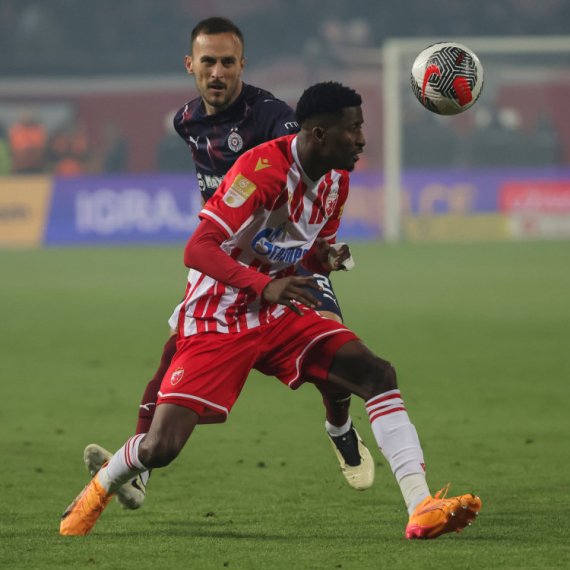
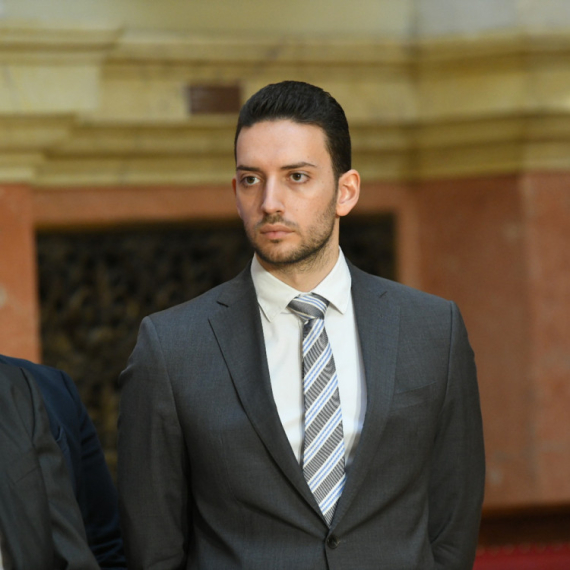
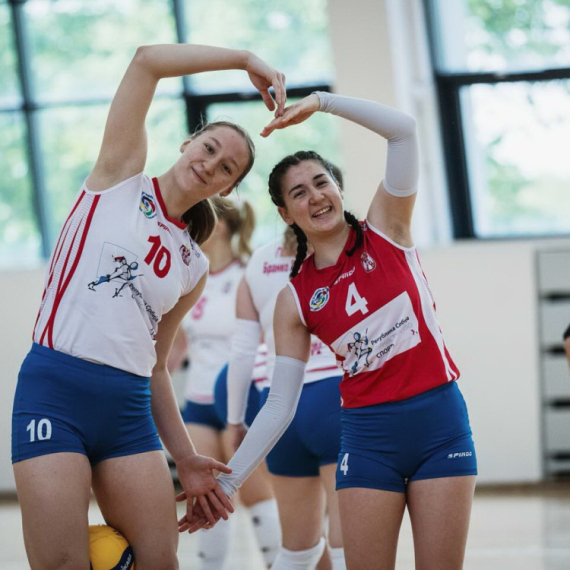

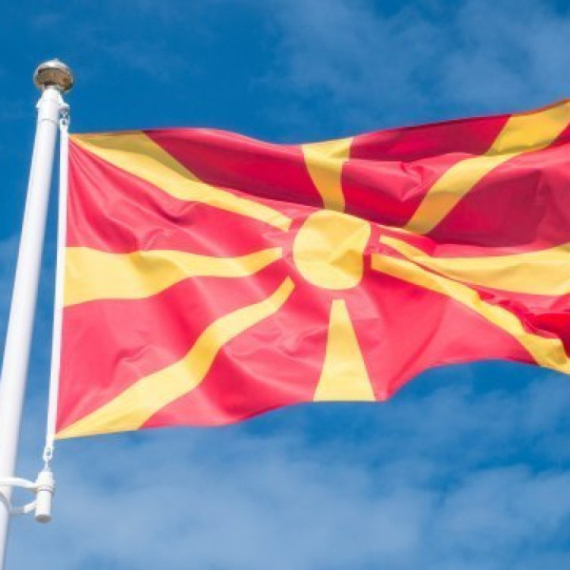
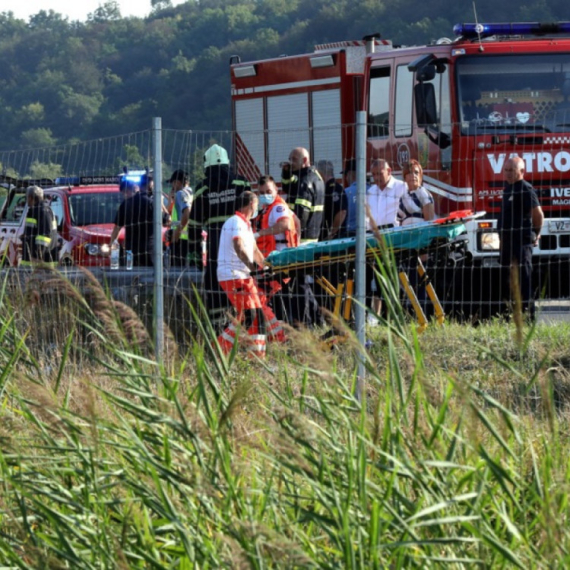
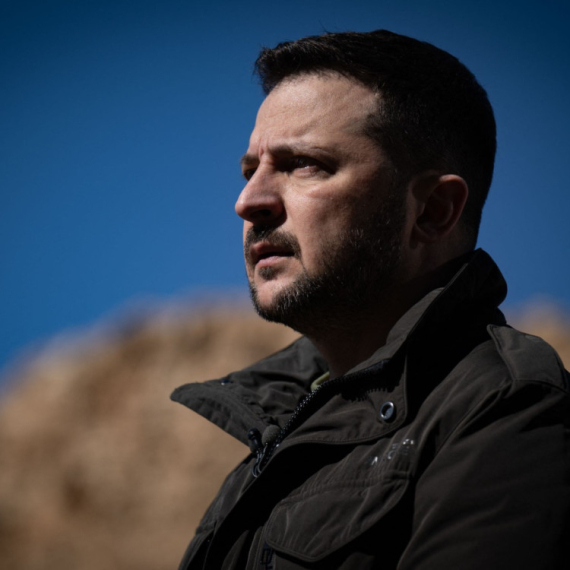
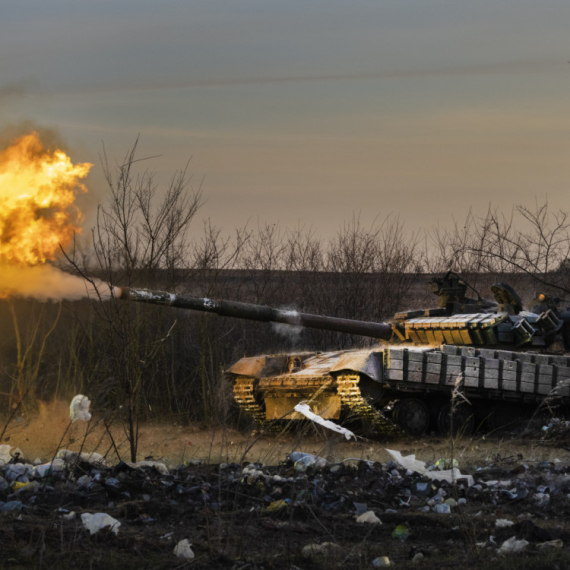




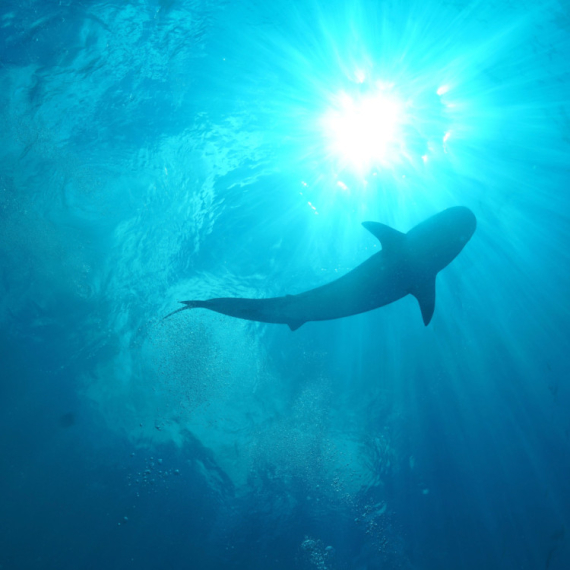



























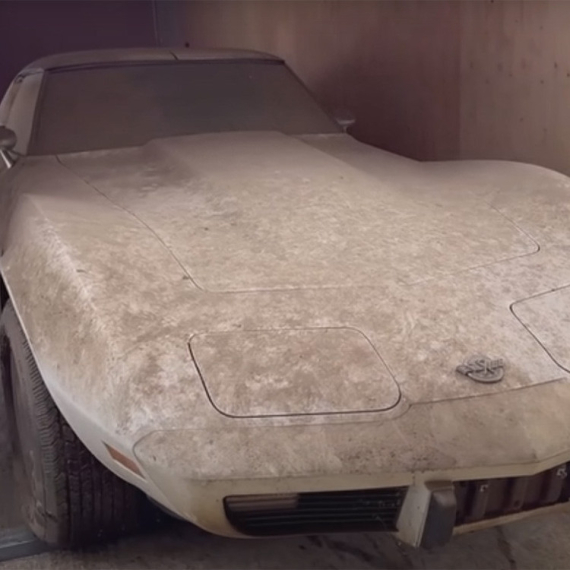




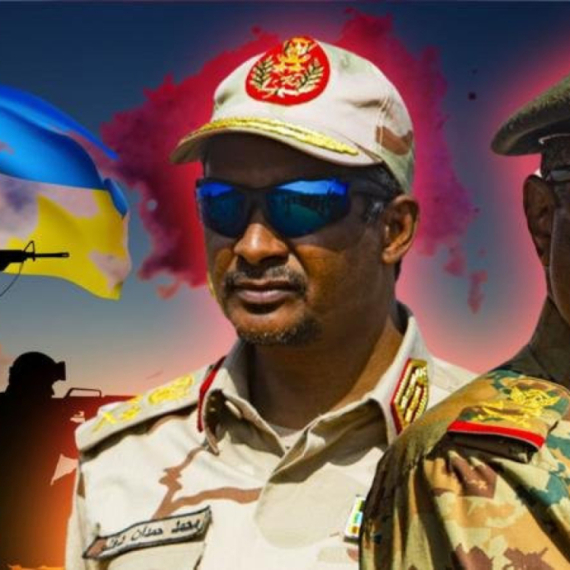

Komentari 0